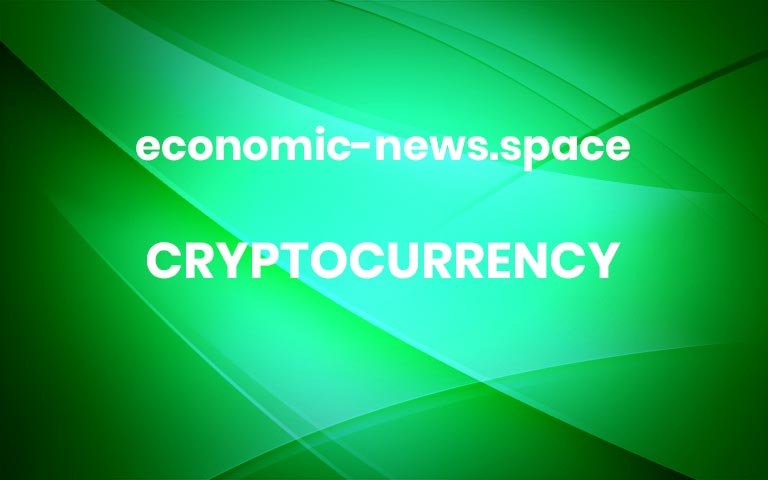Chirp Unveils Leaderboard Campaign as Part of BIG Chirp Airdrop Ahead of $CHIRP Token Launch

Decentralized telecommunications network Chirp is excited to announce the launch of its Leaderboard Campaign, the centerpiece of the BIG Chirp Airdrop campaign that precedes the $CHIRP token launch. This event kicks off today, August 2, 2024, at 12:00 CET and promises significant rewards and exciting opportunities for participants.The campaign follows the launch of the Chirp Tracker app, designed to simplify access to the airdrop and help users familiarize themselves with the Chirp platform and interface. To participate in the campaign, users will need to earn Active Day points by covering a distance of not less than 1 km per day while using the Tracker app.The campaign runs from Friday, August 2, to Tuesday, August 27, and participants will be rewarded based on their number of active days. The minimum number is five active days, which will make a user eligible for the Small CHIRP Airdrop, while a full 25 active days unlocks the Huge CHIRP Airdrop. To join, users must simply download the app on iOS or Android, connect to the Chirp platform and link their Sui wallet. Active participants in the Leaderboard Campaign will not only receive CHIRP airdrops but also gain access to a special bonus in the next release of the Chirp Tracker app – a comprehensive mobile game with real-world utility and crypto incentives. Userd can find full details of Chirp’s Leaderboard Campaign on Chirp’s Medium.The Chirp Tracker App can be downloaded via the following links: IoS | AndroidAbout ChirpChirp is a trailblazing decentralized physical infrastructure network (DePIN) founded by a team of seasoned telecommunications experts with decades of experience. Its mission is to connect the most devices with the blockchain under one revolutionary network and CPaaS platform. Focusing on the Internet of Things (IoT) technologies, Chirp aims to redefine the future of wireless communication.Users can learn more: https://chirptoken.io/ContactPR DirectorAnna FedorovaBlock3 [email protected] article was originally published on Chainwire More

